If you have led teams in your career it is
likely you have thought your “inventory goes up and down in the lift”. Why?
Because your main resource, let´s say, your working capital was your people.
Money matters but he human beings who work for you and the organization matter
even more.
In this post I would like to share my modest
experience in developing people. I have always learnt from my prior senior
managers, from a pragmatic view, to regard people as an investment. Their value
increases as they become more effective in their roles and capable of taking on
greater responsibility. In accounting terms, as I have worked as Finance
Director and other finance managerial roles for many years, people may be
treated like any other asset on the balance sheet, taking into account
acquisitions costs and their increasing value as they gain experience. Until
here I am not discovering America again!!!
But, which is the manager´s contribution to
effective training? In my experience I could mention several ways you can
contribute to the effective training of your team, as follows:
·
Determine
the standards of performance required for each of the roles you control
·
Analyze
the competences relevant to the achievement of these standards.
·
Agree
with the individuals concerned what these standards and competences are
·
Review
with these individuals their performance so that agreement can be reached on
any gaps to be filled between what they can do and what they should be able to
do.
·
Treat
every time you give someone an instruction as a training opportunity
·
Allow
for the learning curve. Don´t expect too much, but do require trainees to
improve at a pace which matches their natural aptitudes.
·
Train
and develop by example. Really important. Give people the opportunity to learn
from the way you do things.
·
Remember
that the core responsibility for training and developing your team rests with
you.
·
Plan
the training of your team in accordance with a regular review of their training
needs
People learn mainly through experience. So it
is worth spending a little of your time planning the experience of anyone for
potential for development.
Planning someone´s experience, means for me,
giving him/her extra tasks to do which provide a challenge or extend him/her
into a new role. It could be a project which he/she has to complete or he/she
could be included in a project team looking at a new development or problem
which cuts across organizational boundaries. Projects which enlarge experience
in unfamiliar areas are particular useful in my view. Planned experience will
work better if it is accompanied by coaching so that those undergoing it can
receive the maximum benefit from your expert advice.
The final piece is coaching. The best way to
learn how to manage is to manage under the guidance of a good manager. Coaching
is an informal but deliberate way of providing this guidance. It should be
linked to performance appraisal.
But coaching is a more continuous process.
Every time you delegate a task to someone and discuss the outcome you are
presented with a coaching opportunity. When you delegate you can provide
guidance on how the job should be done. When you discuss progress with your
collaborator or when he/she reports back to you, you can ask questions on how
well he/she has thought through what he/she is doing, suggest alternative ways
of looking at a problem (but don´t provide the solution, je je) and provide
constructive criticism if things are not going well.
So, based on all the above, remember, you can
help to develop people by discussing higher-level problems with them, involving
them in your decisions and increasing their understanding of how to tackle a job
senior to the areas for which they are responsible. This is part of my
experience so far.






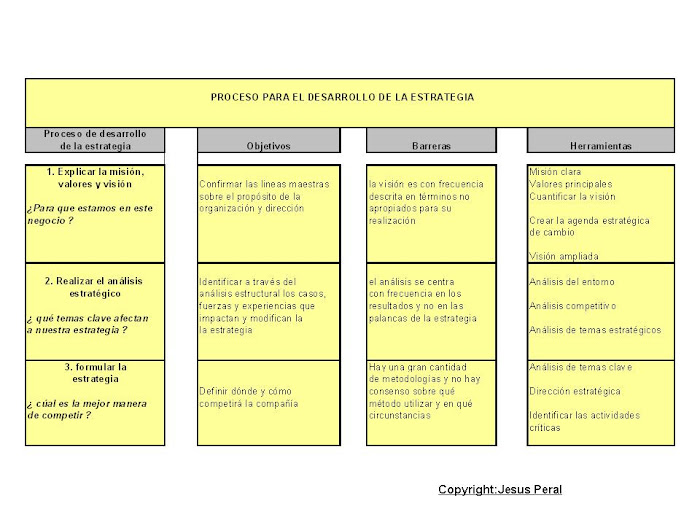

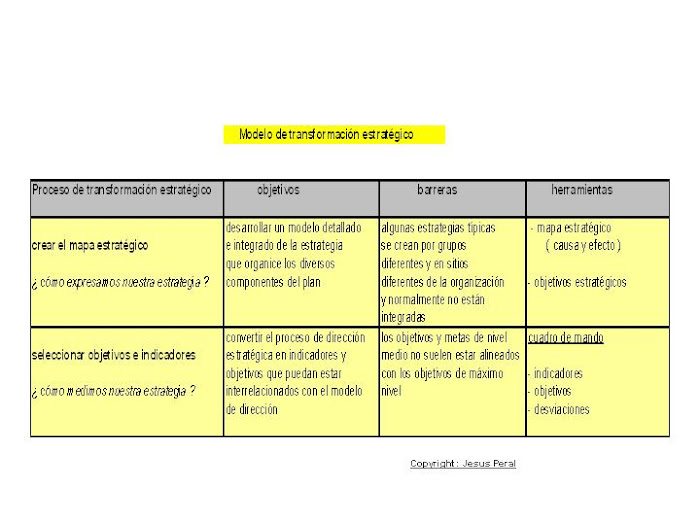
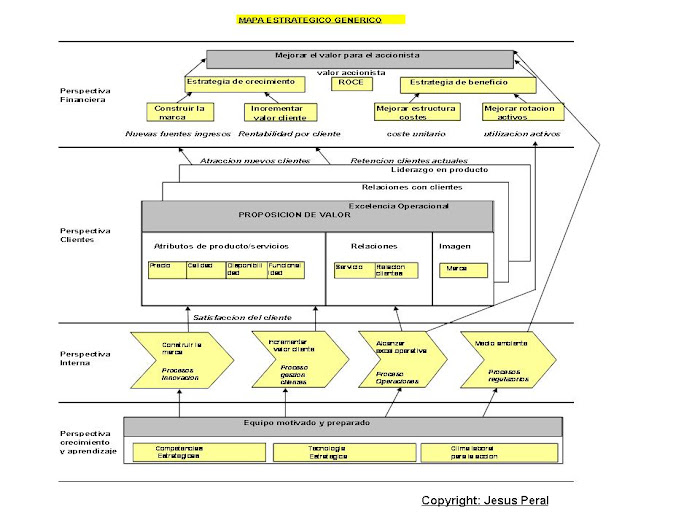

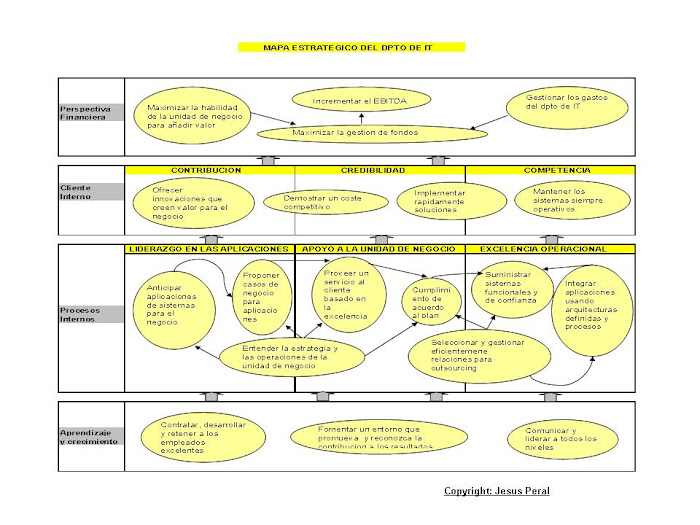
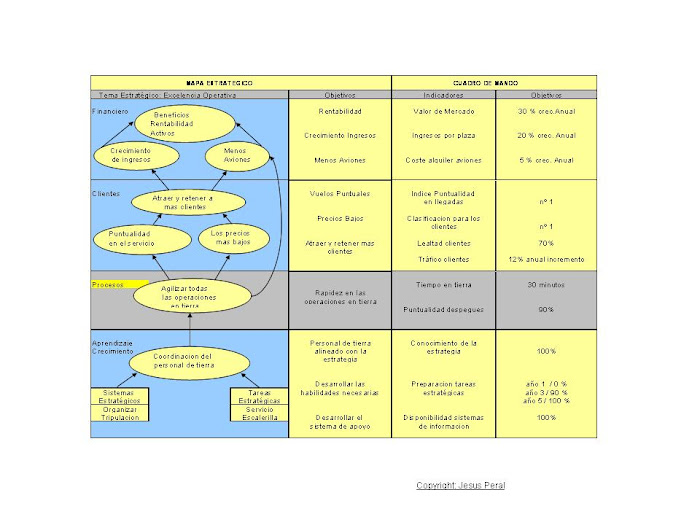
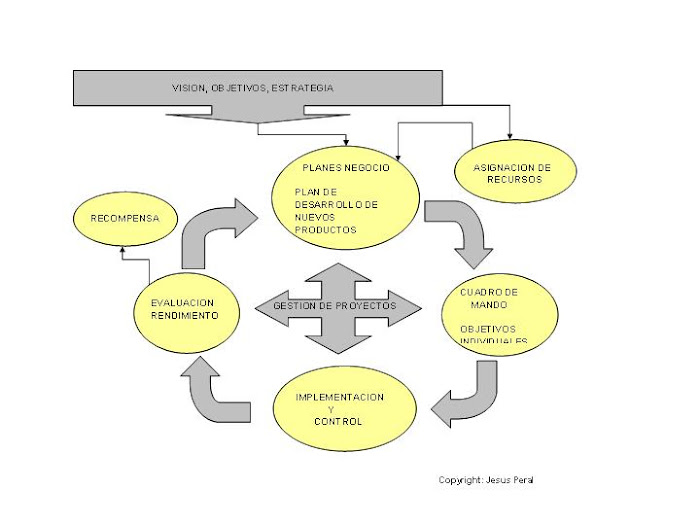

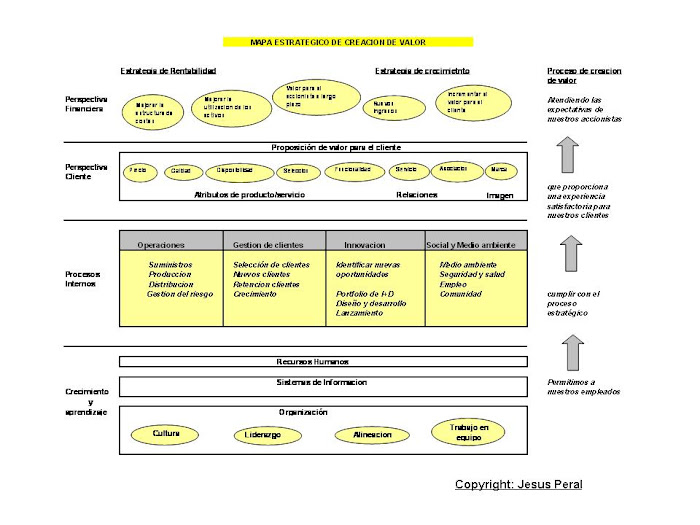




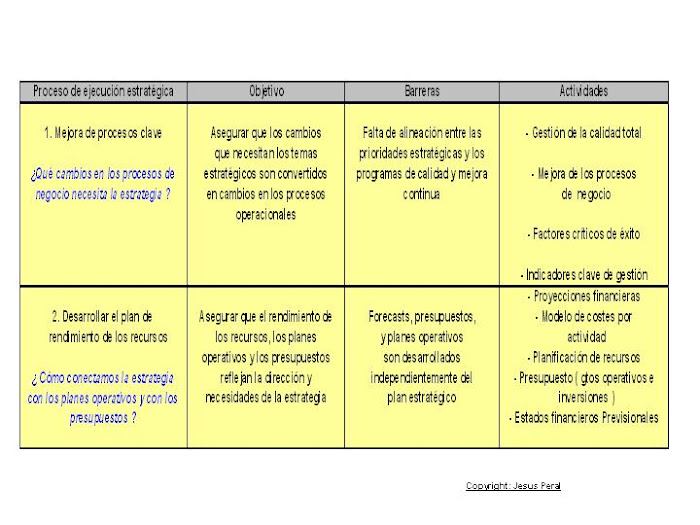
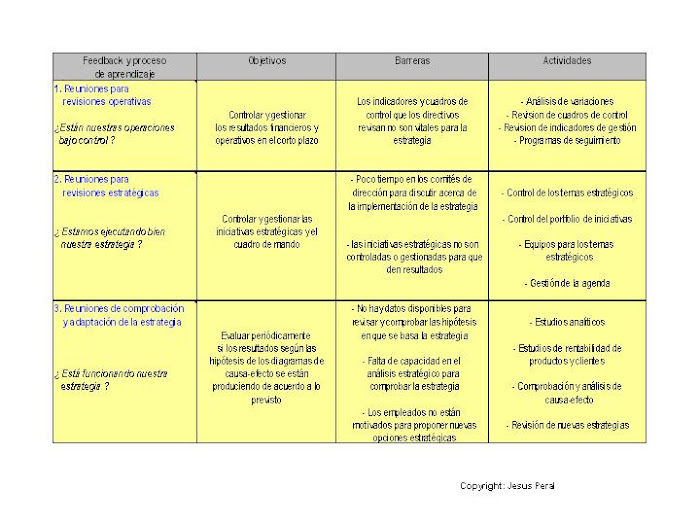


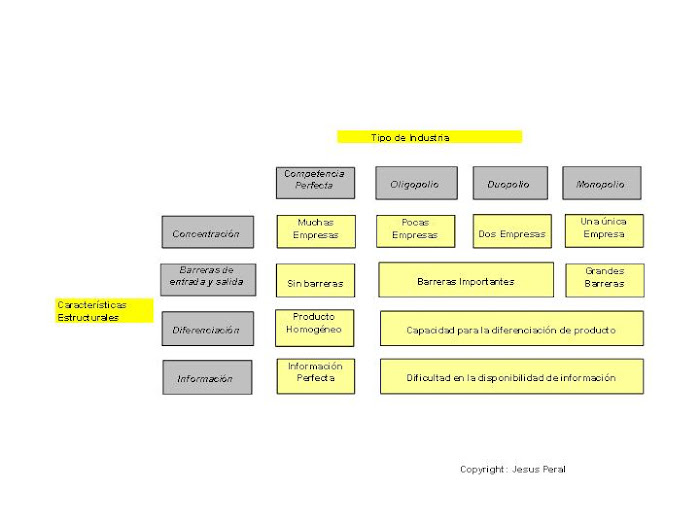

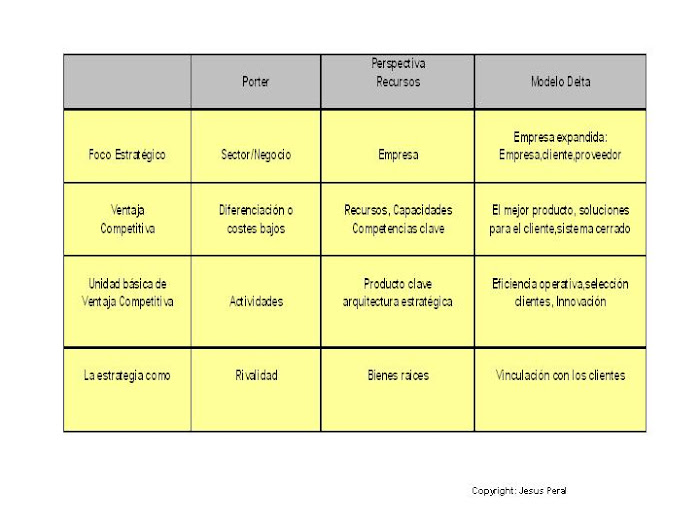
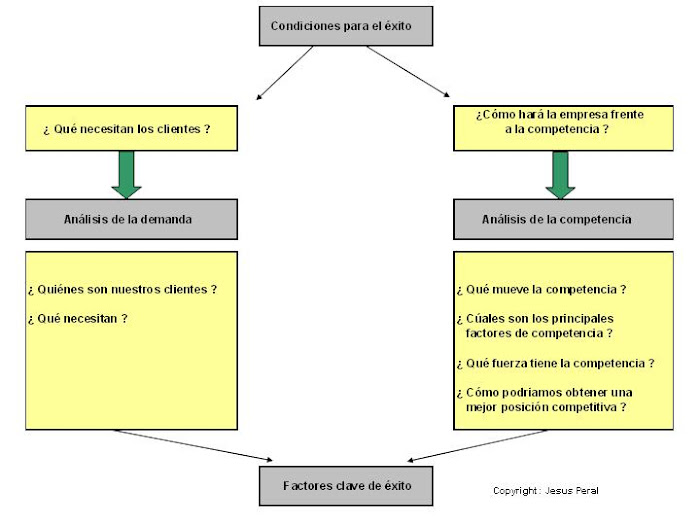
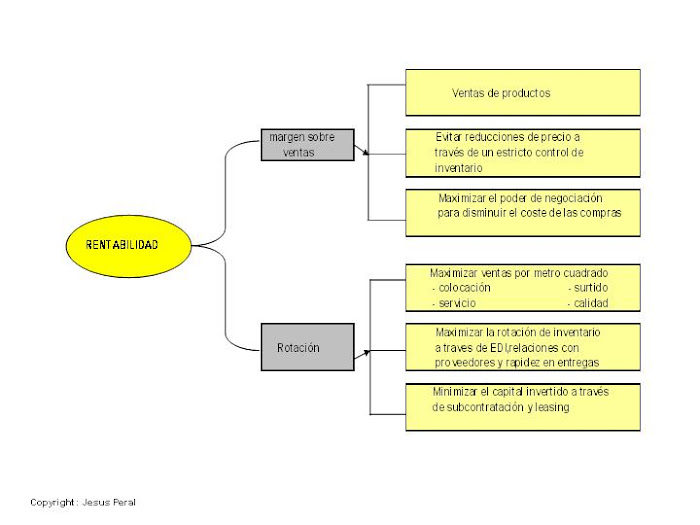





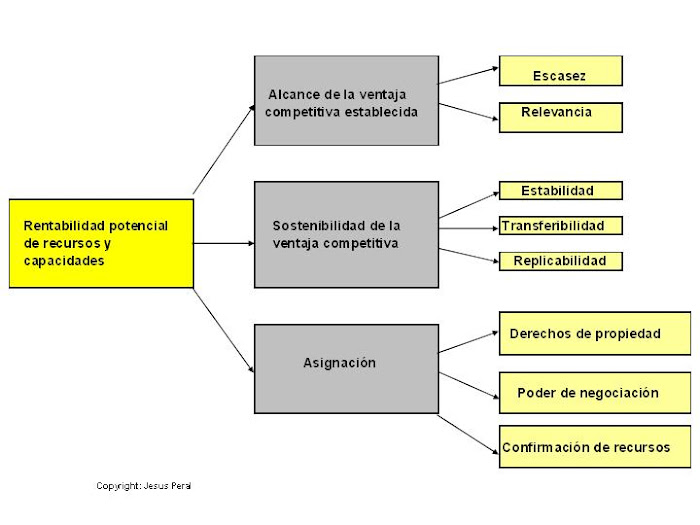

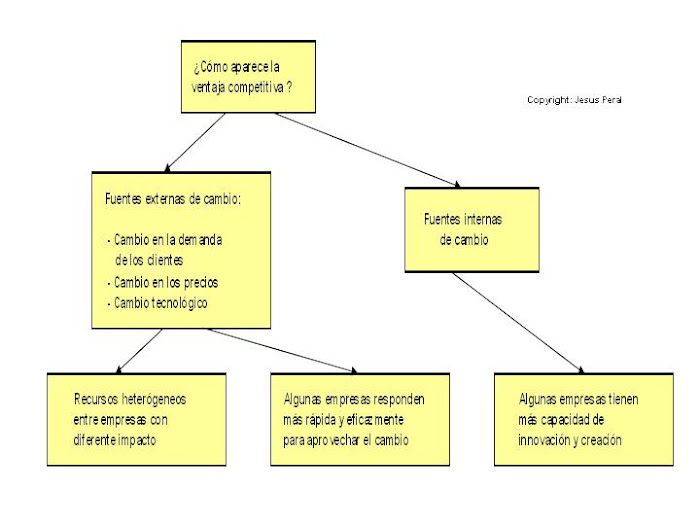

































No hay comentarios:
Publicar un comentario